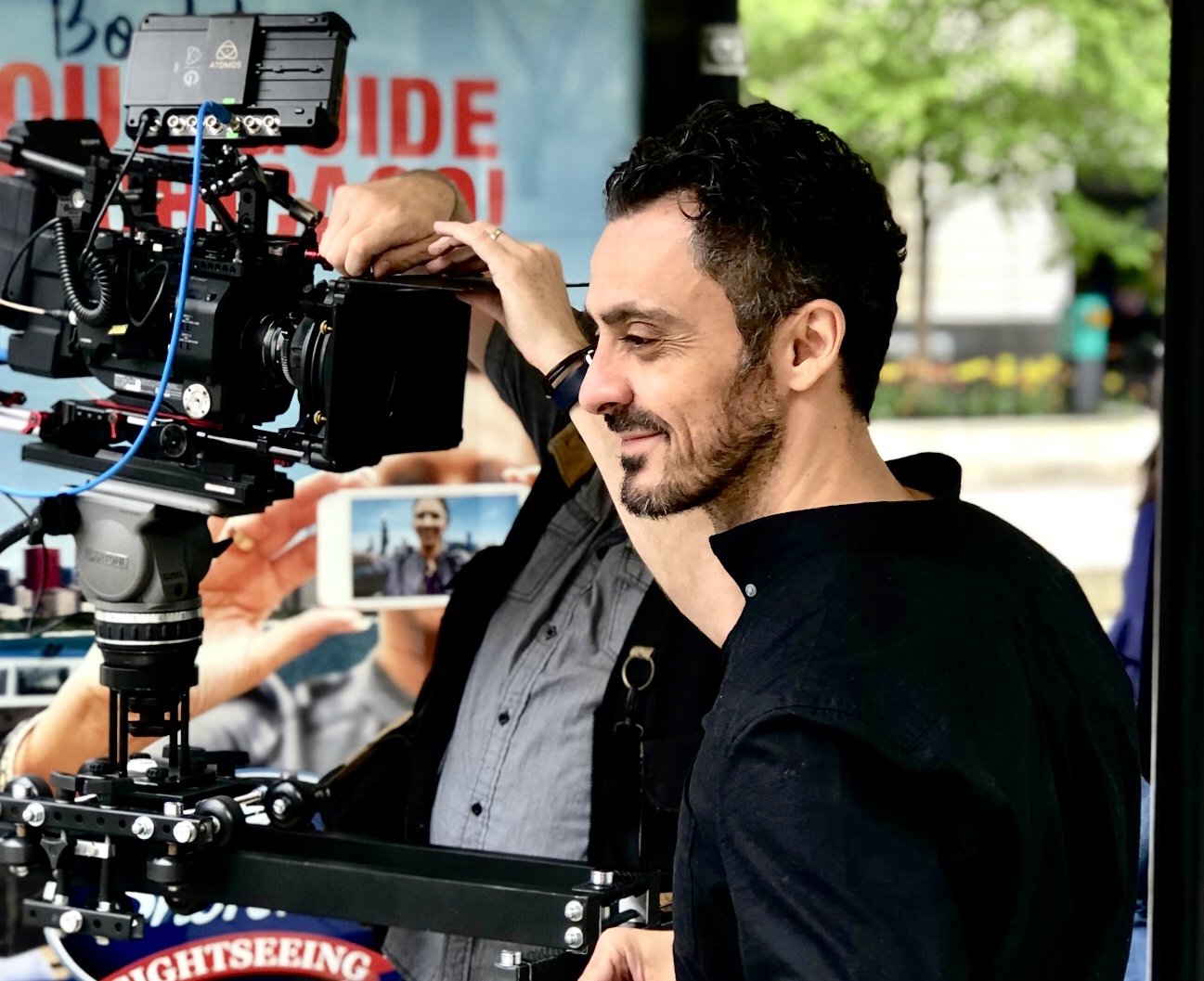We recently connected with Rocco Cataldo and have shared our conversation below.
Hi Rocco, really happy you were able to join us today and we’re looking forward to sharing your story and insights with our readers. Let’s start with the heart of it all – purpose. How did you find your purpose?
When I first came to this country from Italy, Chicago felt like a never-ending maze—loud, overwhelming, and full of, well, everything. As a kid, it was a lot to take in. But then came second grade, where my big break arrived: playing the rear end of Ichabod Crane’s horse.
It sounds funny, but that moment hooked me. I realized storytelling wasn’t just about words—it was movement, connection, and creating something larger than yourself. That’s where I found my purpose: using storytelling as a bridge to start conversations, understand different cultures, and make sense of the chaos around me. Stories cut through the noise, and I’ve been chasing that ever since.
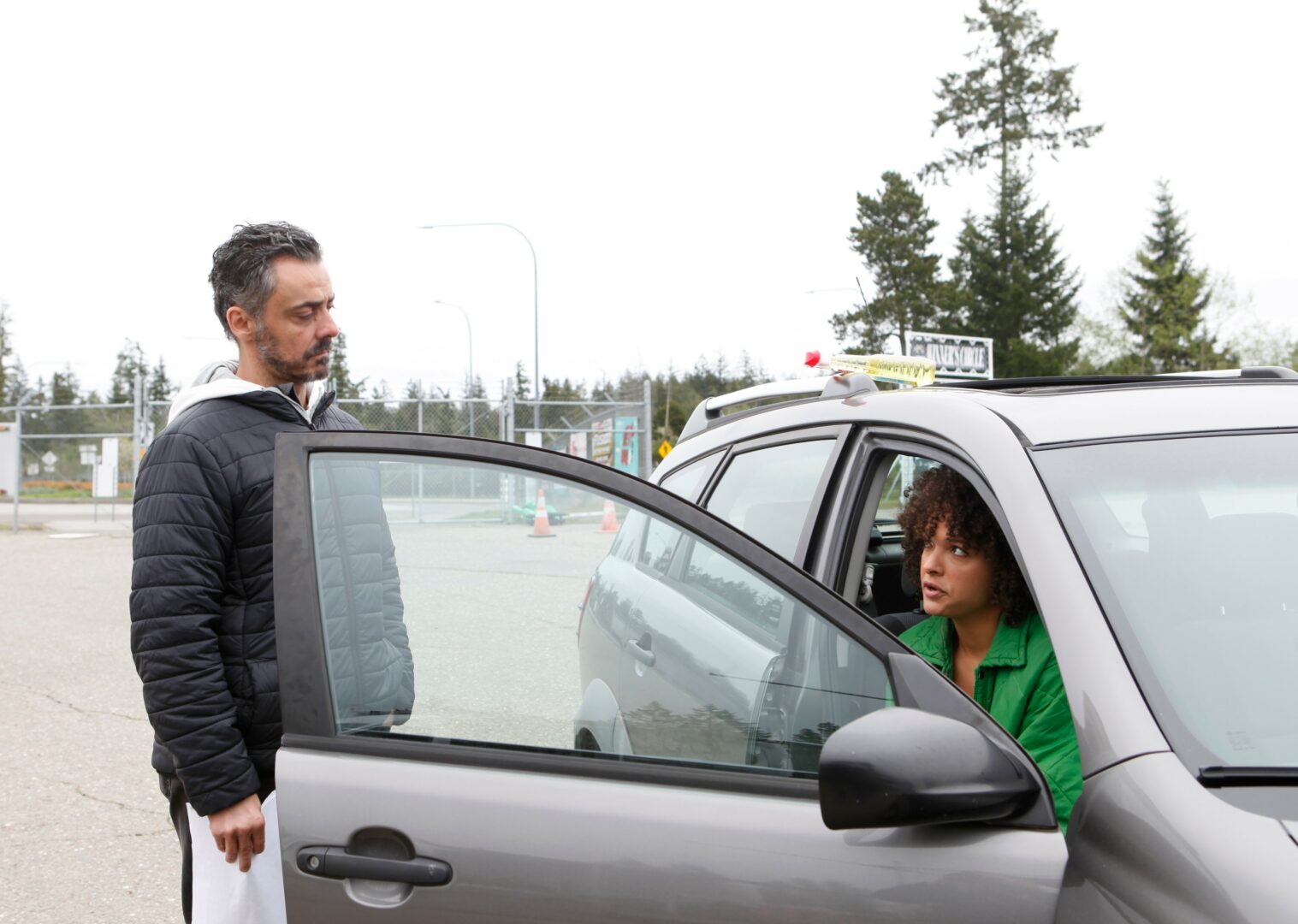
Great, so let’s take a few minutes and cover your story. What should folks know about you and what you do?
I’m a filmmaker who’s been chasing the magic of storytelling since second grade, back when I played the ass of Ichabod Crane’s horse. Storytelling has always been my way of connecting, exploring, and understanding the world. Along the way, I’ve been lucky enough to work on incredible projects, pick up an Emmy, and build a career around something I truly believe in: the power of stories.
Right now, I’m in the funding phase of a feature film adaptation of David Morrell’s short story, “Orange Is for Anguish, Blue for Insanity.” This project is especially exciting for me because it’s a psychological exploration of art, obsession, and the lengths we go to for creative genius. Taking a powerful short story like Morrell’s and expanding it into a feature is both an honor and a huge creative challenge—but it’s the kind of work I live for.
At Potenza Productions, we focus on telling stories that matter—ones that make you think, feel, and connect. “Potenza” means “power” in Italian, and that’s exactly what we strive to create: powerful narratives that resonate. Whether it’s through film, a series, or smaller projects, our goal is to navigate the complexities of culture, identity, and human connection.
For me, storytelling is more than just entertainment—it’s a way to make sense of the world. If a story can make us laugh at a banana in a tailpipe, cringe at a slasher, or feel empathy for the most complicated of characters, then it’s done its job. And that’s why I love what I do.
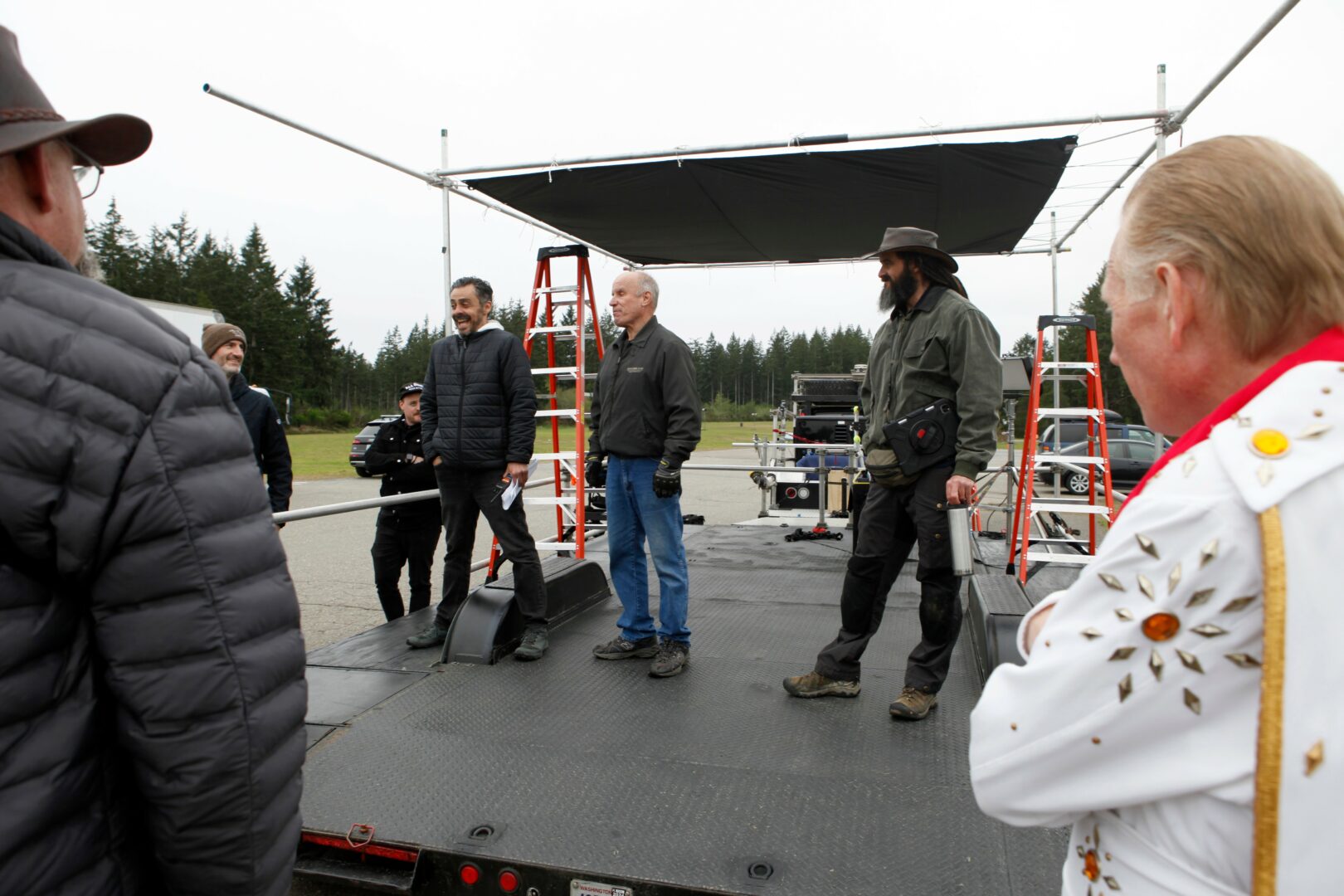
If you had to pick three qualities that are most important to develop, which three would you say matter most?
Looking back, three things have shaped my journey: curiosity, resilience, and empathy. Curiosity kept me exploring new ideas and perspectives; resilience got me through the inevitable rejections and roadblocks; and empathy helped me understand people, characters, and stories on a deeper level. It’s what makes a good story connect—it’s the bridge between the storyteller and the audience.
For anyone early in their journey, my advice is to nurture those qualities. Stay curious about the world and never stop asking questions, be patient, but don’t ask for permission. Build resilience by embracing failure as part of the process. And lean into empathy—not just for the people you work with, but for the stories you want to tell. The more you understand, the better you’ll connect.
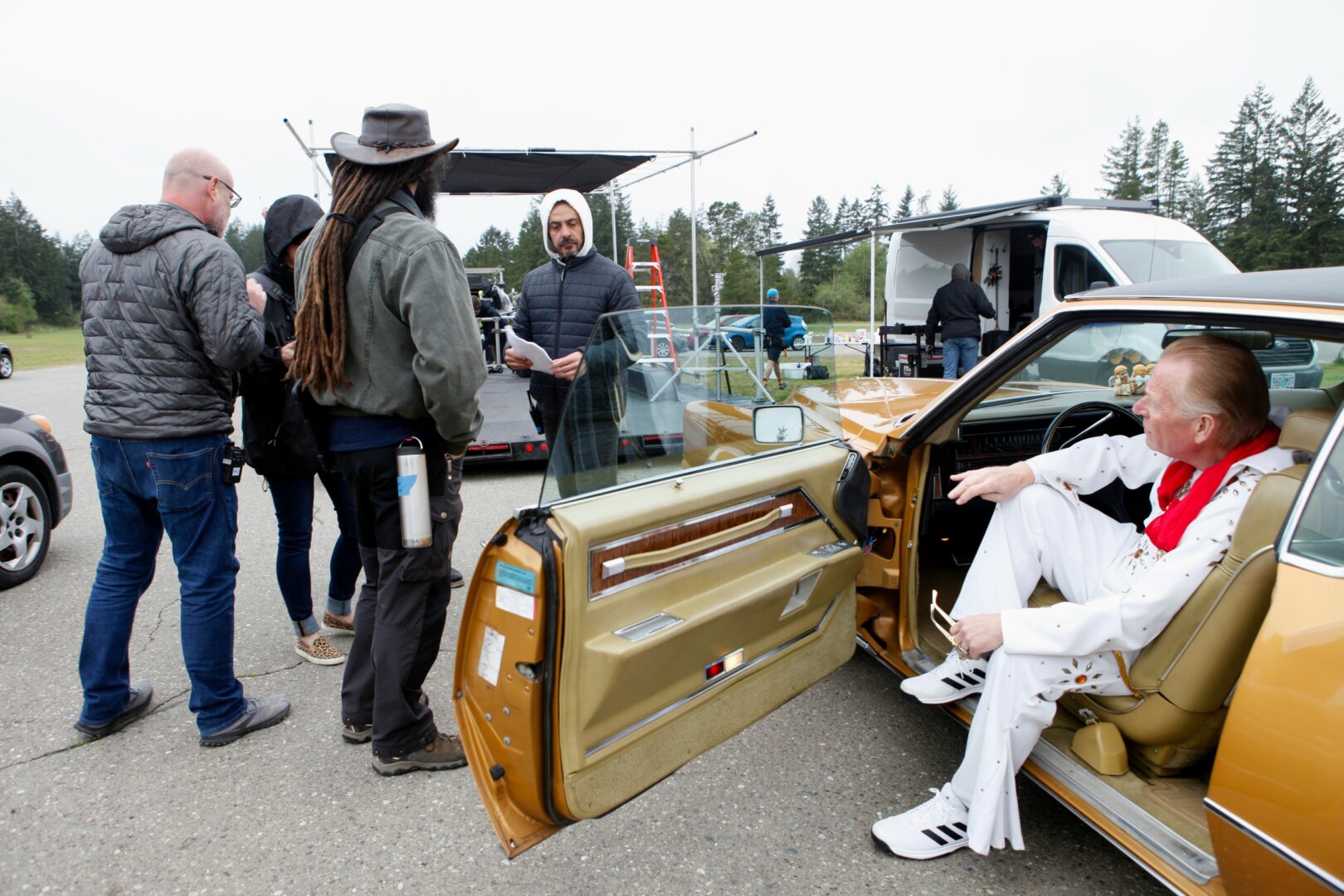
Alright so to wrap up, who deserves credit for helping you overcome challenges or build some of the essential skills you’ve needed?
When I think about who’s been most helpful in my journey, it’s my father. He’s the one who showed me what it really means to work hard and never back down, even when everything feels like it’s falling apart. He didn’t teach me this through grand speeches—he just lived it every day. Watching him put in the work, no matter what, made me realize that success isn’t about waiting for the perfect moment; it’s about showing up, every day, and doing the damn thing.
But it wasn’t just his work ethic that stuck with me. He’s one of those people who’s endlessly curious—always diving into something new, always interested in people, and never satisfied with the surface level. That energy was contagious. Whether it was a random conversation with a stranger or his fascination with all things, he taught me to stay curious and to see stories everywhere—if you’re paying attention.
I also have to mention my mom, who’s deaf. Growing up, I learned how to tell a visual story by watching her watch movies. She didn’t hear the dialogue, but she always knew what was happening—where the tension was, when the emotion hit. She would react at the exact right moment, and I realized early on how powerful visuals can be. That’s where my love for storytelling really took root—learning how to convey a story through images, movements, and expressions.
So, yeah, I owe a lot of this to him, and my mother. For anyone starting out, I’d say find people who support you, not just in the good times but when things get tough. Those people make all the difference, and they’ll remind you to keep going when you want to quit.
Contact Info:
- Website: https://www.potenza-productions.com/
- Instagram: https://www.instagram.com/potenza1/
- Linkedin: https://www.linkedin.com/in/rocco-cataldo-78171119a/
- Twitter: https://x.com/roccocataldo
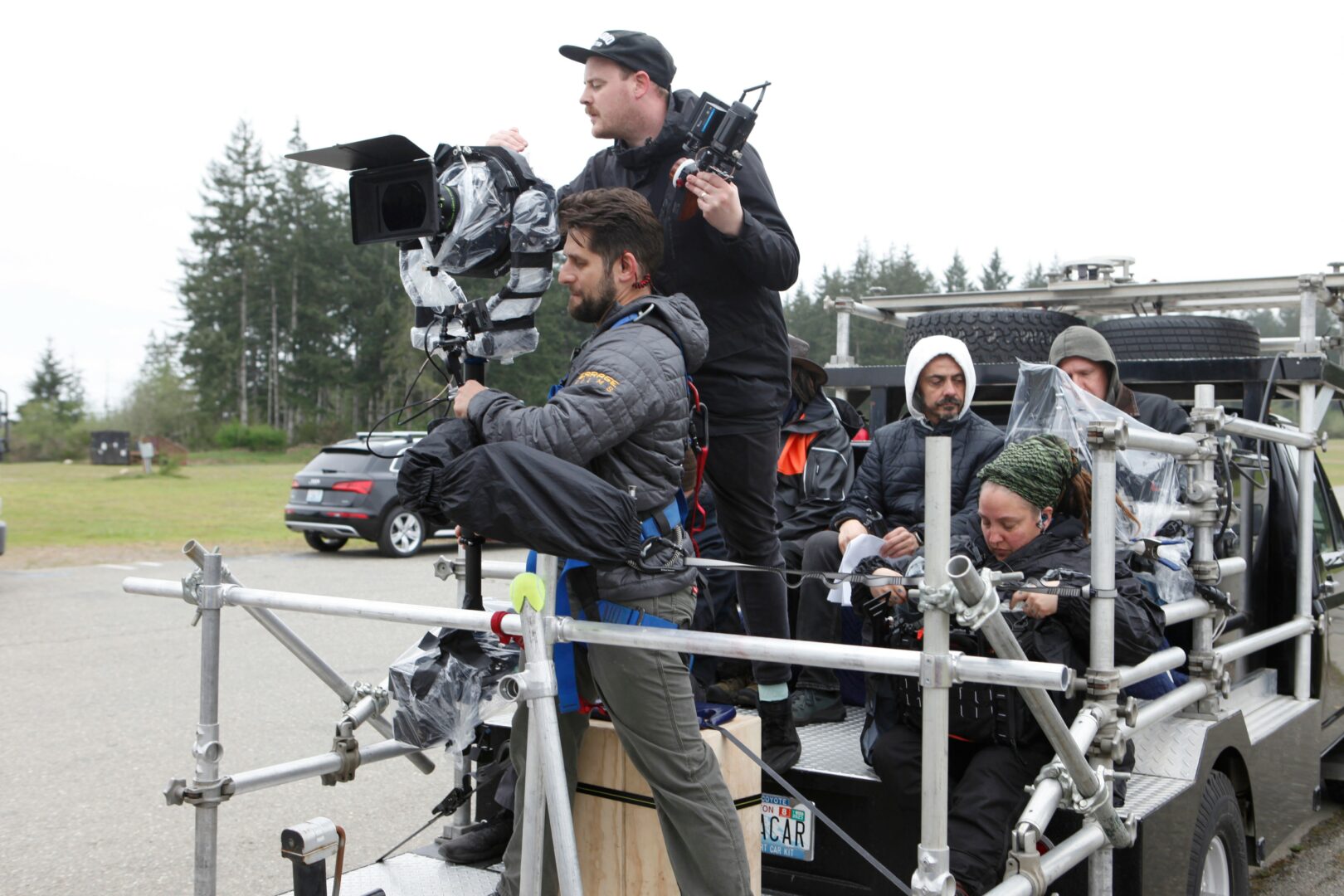
so if you or someone you know deserves recognition please let us know here.

